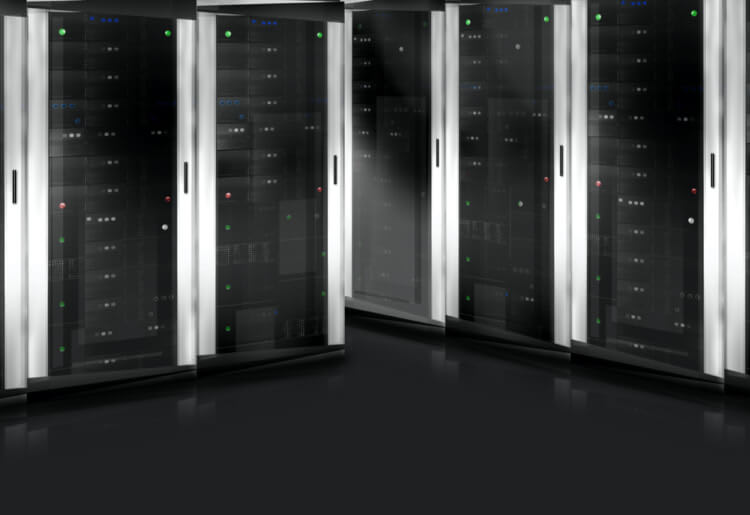Most consumers are aware that there has been a general decrease in computer hardware prices over the years, especially in the realm of memory, hard drives, and storage devices. But many people do not know what benefits these price drops have for individuals or organizations looking into web hosting options. In this article, you'll learn more about SSD hosting, and how it differs from standard hosting options employing traditional hard drives.
SSDs in a Nutshell
The servers typically employed by web hosting companies use standard hard drives-- essentially, the same type installed in your desktop computer or laptop. These drives work much like a record player, with a needle and spinning platter in motion during disk reads/writes. In order for data to retrieved from the disk (and for it to be written), the platter must spin to the correct location before subsequent reading/writing. On the other hand, solid state disks (SSD) are very much like USB memory sticks -- no spinning platters or moving parts are employed. This gives SSD drives accelerated performance when it comes to finding and writing data on the drive, as well as extended durability and lifespan when compared to standard hard drives. In other words, with an SSD, a website can perform faster for longer periods of time.
Learn more about website hosting technology.
Web Hosting Performance
Quicker access to data translates to faster website performance, as web operations invariably require reading and writing to disks on a constant basis. For intensive e-commerce sites or web applications, this is critical -- slow and under-performing sites are directly correlated with loss in traffic and sales.
A typical website, such as a WordPress blog or e-commerce site, reads and writes from the server's hard drive with each request: database queries to retrieve the latest posts, product searches, even back-end processes like logging and saving user sessions. Traditional hard drives that employ spinning disks will eventually succumb to the forces of inertia and gravity, but solid state drives -- sans moving parts -- are exponentially hardier. So in the event of traffic spikes or durations of peak usage, SSD hosts can typically handle significantly larger loads than standard web hosts before failure or data loss.
Reliability
With traditional hard drives, hardware failure usually means complete and irrevocable loss of data. Recovery options may exist, but are usually cost-prohibitive and outside the reach of standard web hosting customers. And even if complete data loss doesn't occur, sporadic partial data loss can occur due to the sensitivity of standard hard drives (e.g., when physically moving a server, accidental mishandling hardware). With SSDs, hardware failure only results in loss of ability to write to disk -- any pre-existing data is left intact and easily retrievable.
A Greener Hosting Option
Because SSDs utilize little to no moving parts, generate little heat, and consume less power compared to traditional hard drives, SSD hosting is often regarded as a more environmentally-friendly option to host your website.
In short, SSD web hosting is fast becoming the standard preferred option for web hosting, as traditional hard drives begin to fall to the wayside. As recent as five years ago, SSD drives and hosting options were prohibitively expensive for the average consumer or business. Today, many cost-effective SSD hosting options exist, giving consumers the reliability and performance of next generation storage technologies.
For more information regarding SSD hosting providers, please see our top web hosting reviews.
